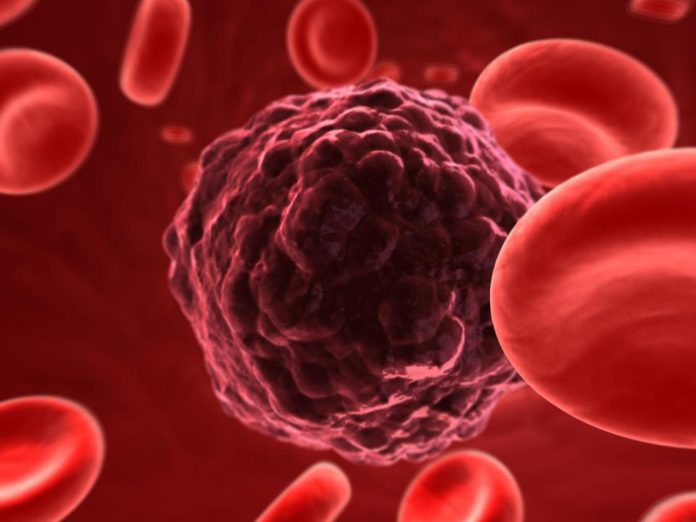The research by the University of Southern California (USC) has been published in Nature Biomedical Engineering
Scientists may have found a way to use the antibody producing B cells into surveillance machines that can pump out antibodies that specifically target cancer cells or HIV.
In a research that has been published in Nature Biomedical Engineering, faculty from the University of Southern California (USC) have reported a technique for editing the genes of immune cells called B cells, turbocharging them to fight even the sneakiest invaders. The work is an important advance in harnessing the power of antibodies to treat conditions ranging from Alzheimer’s disease to arthritis.
“In some diseases or conditions, the natural antibodies made by B cells are just not good enough,” said senior author Paula Cannon, a Distinguished Professor of Molecular Microbiology & Immunology at the Keck School of Medicine of USC. “HIV is a very good example of that. It mutates constantly, keeping one step ahead of whichever antibodies are being thrown at it. We thought a checkmate move might be persuading B cells to make an antibody that was so broad in its ability to ‘see’ HIV that HIV couldn’t easily mutate around it.”
The beauty of the technique, the researchers said, is it can be adapted to produce a broad range of different antibodies.
For this project, the researchers took inspiration from chimeric antigen receptor (CAR) T cells, “living drugs” designed to target specific things. They’ve revolutionized treatment for blood cancers like leukemia and lymphoma. With CAR T treatment, T cells — sister cells to B cells — are removed from a patient’s blood and genetically modified to identify cancer cells by recognizing a marker on their surface. Millions of the cells are then infused into the patient’s body, where they fight disease and then fade away.
B cells behave differently, making them more suitable for fighting chronic conditions. They function as both a security system and antibody factory, residing long-term in the bone marrow, lymph nodes and spleen — and firing up when needed.


